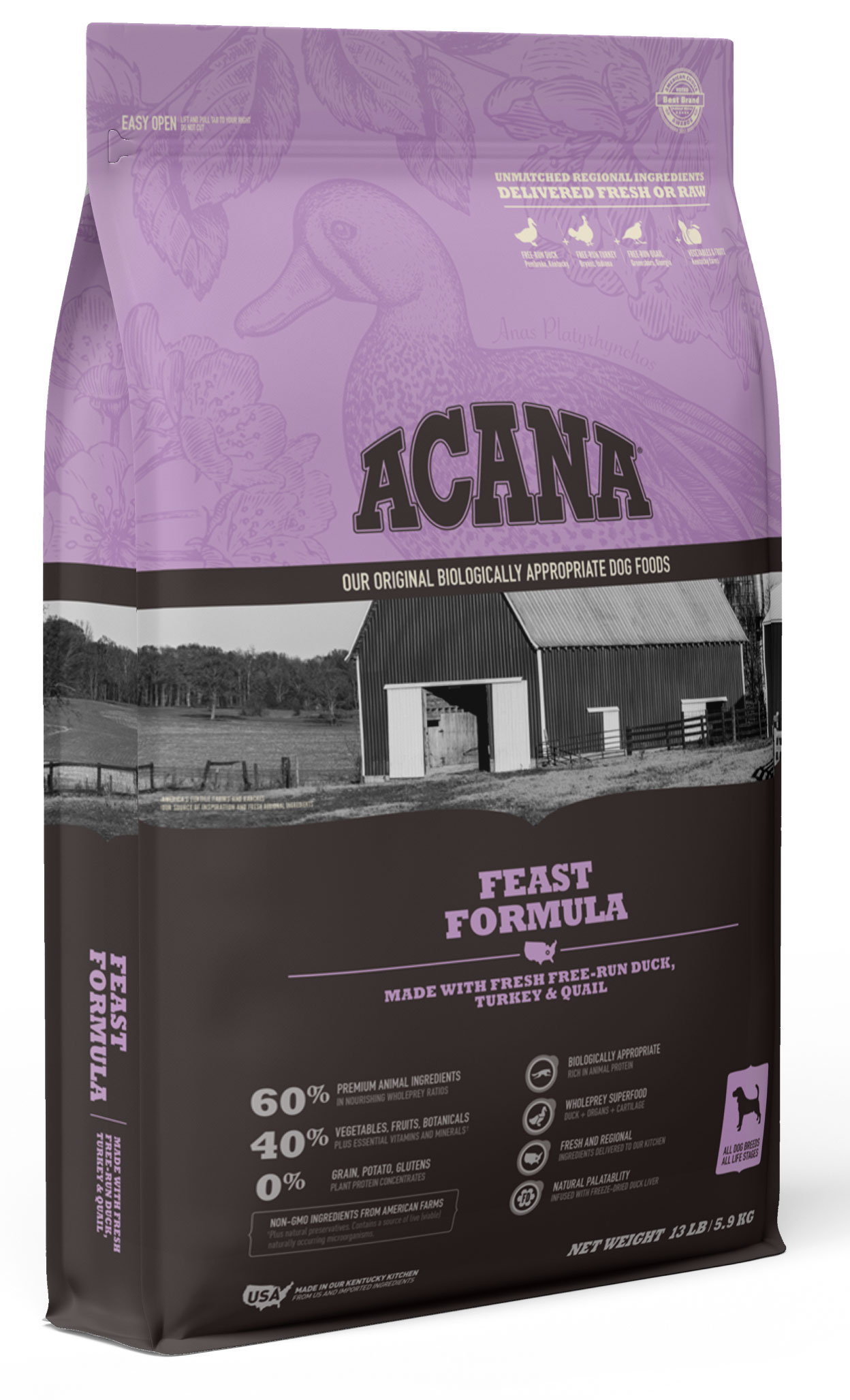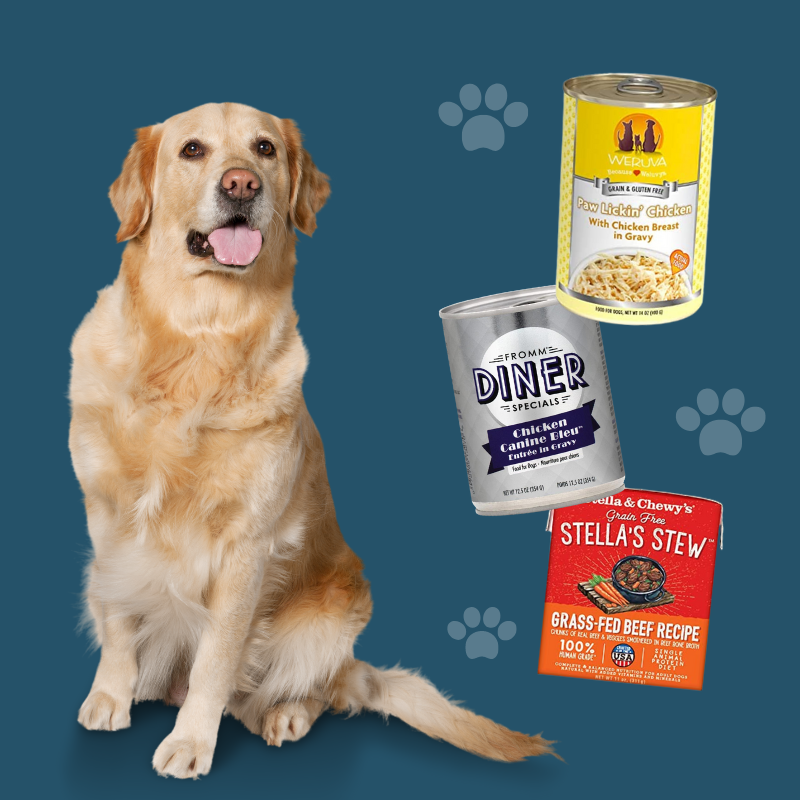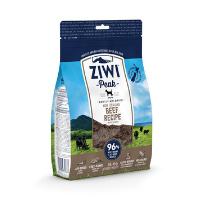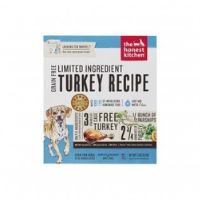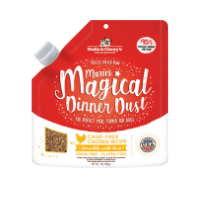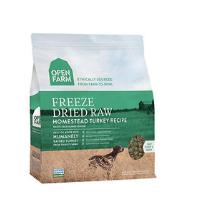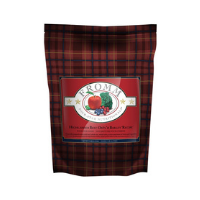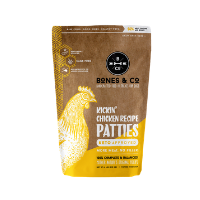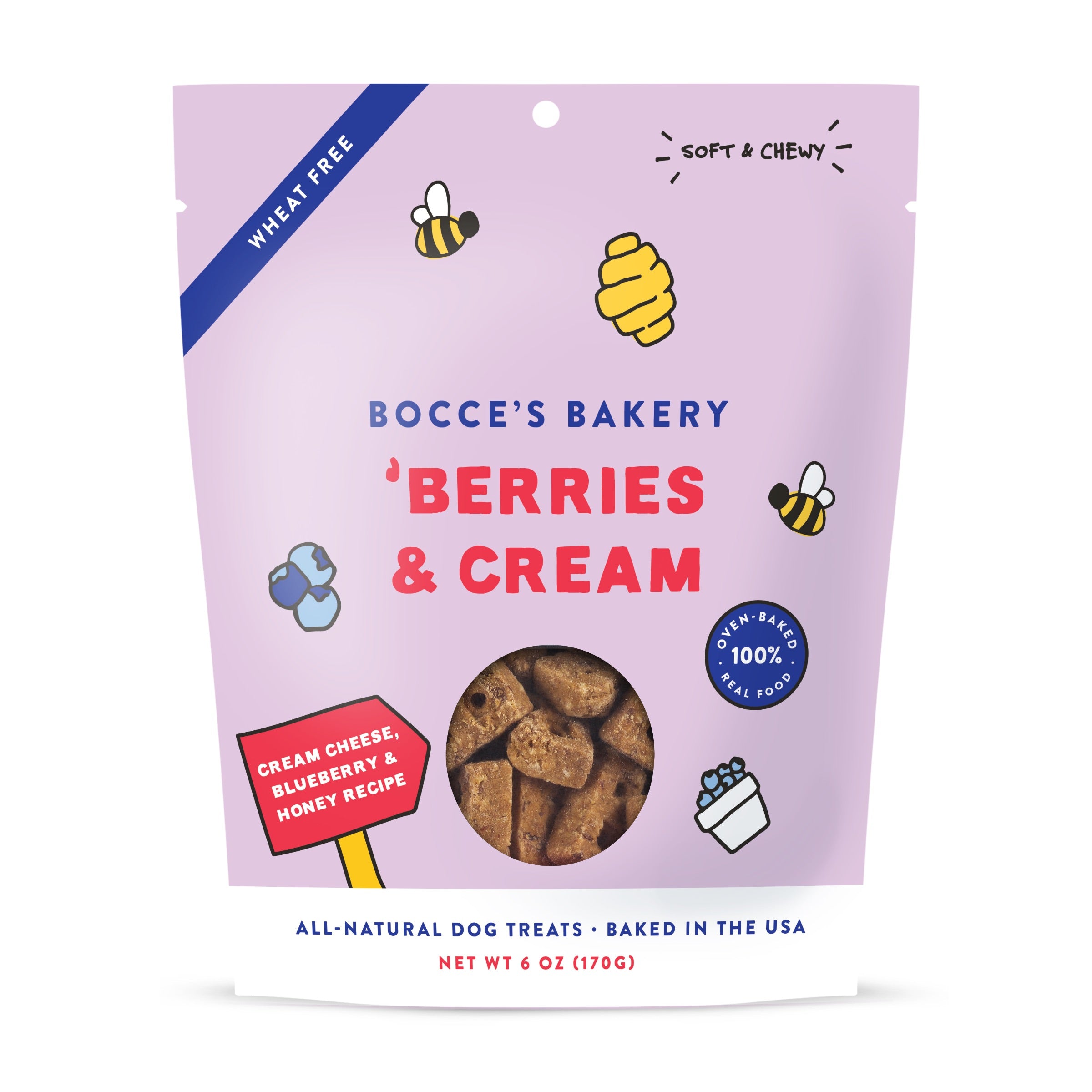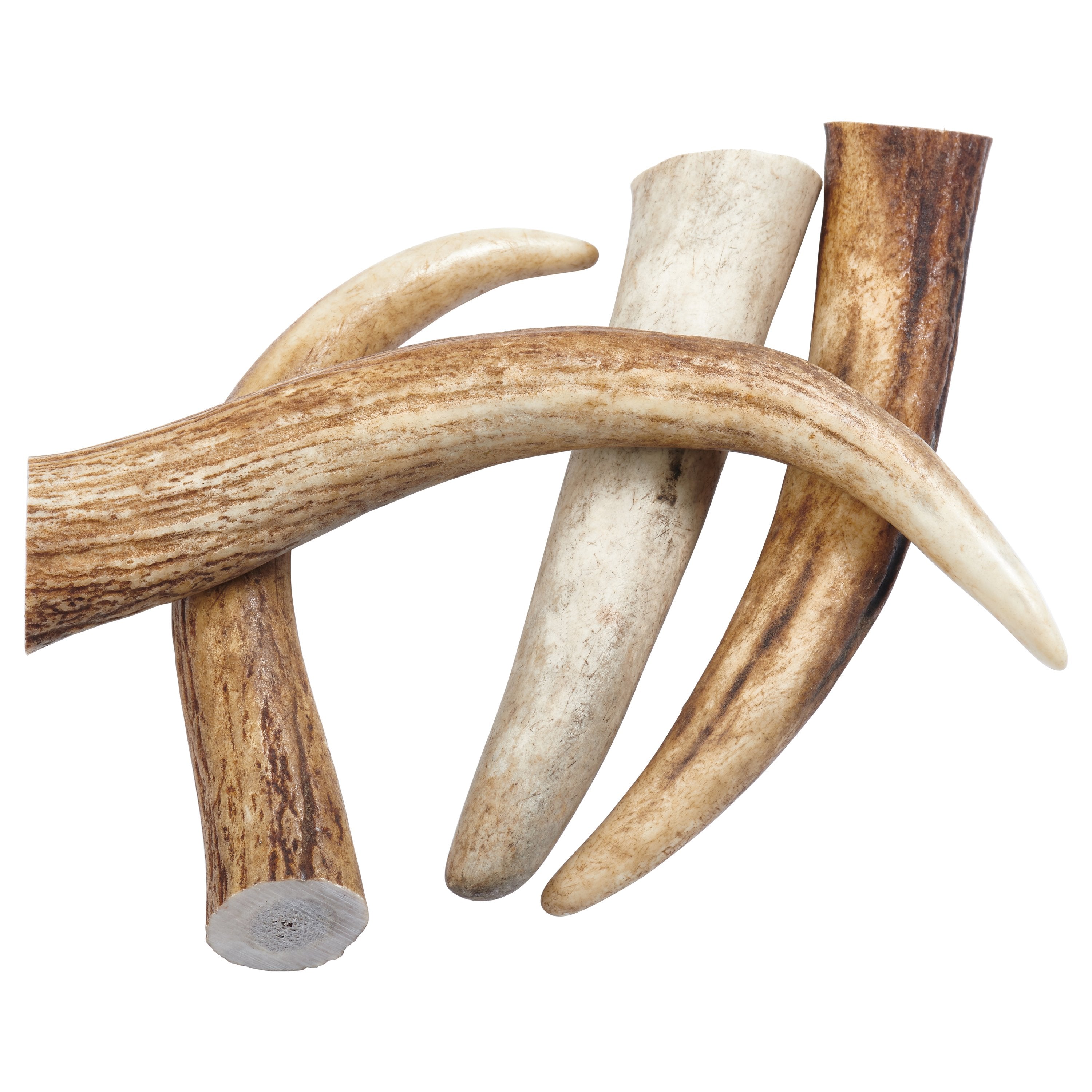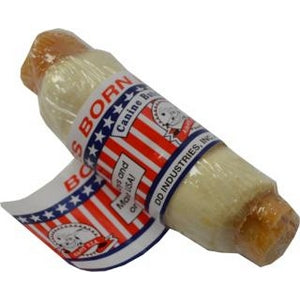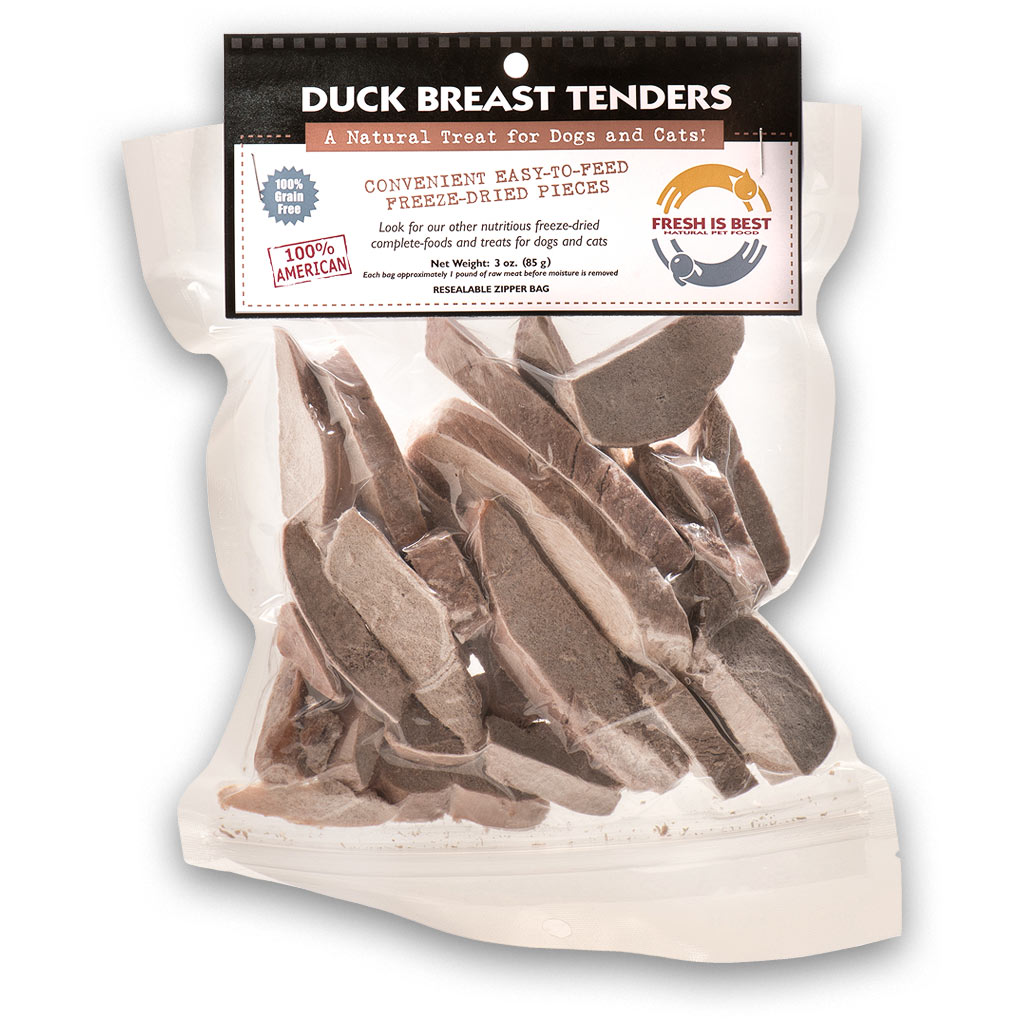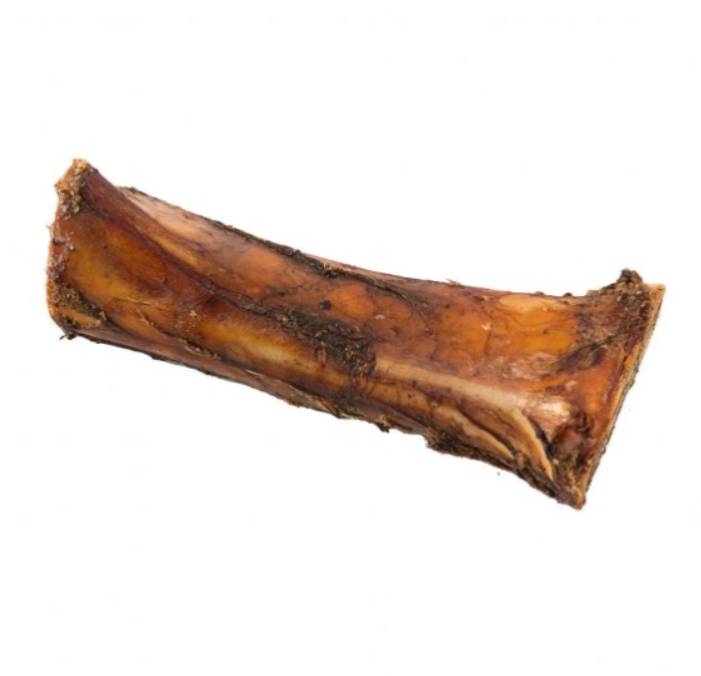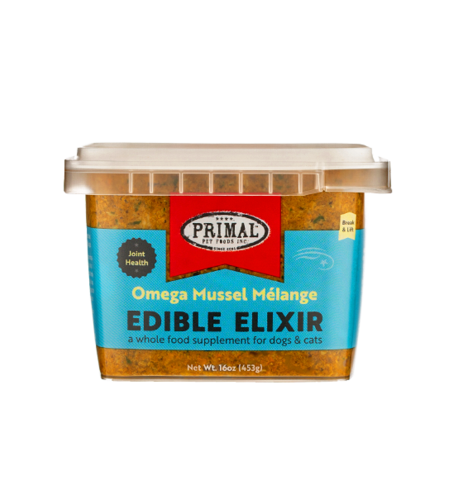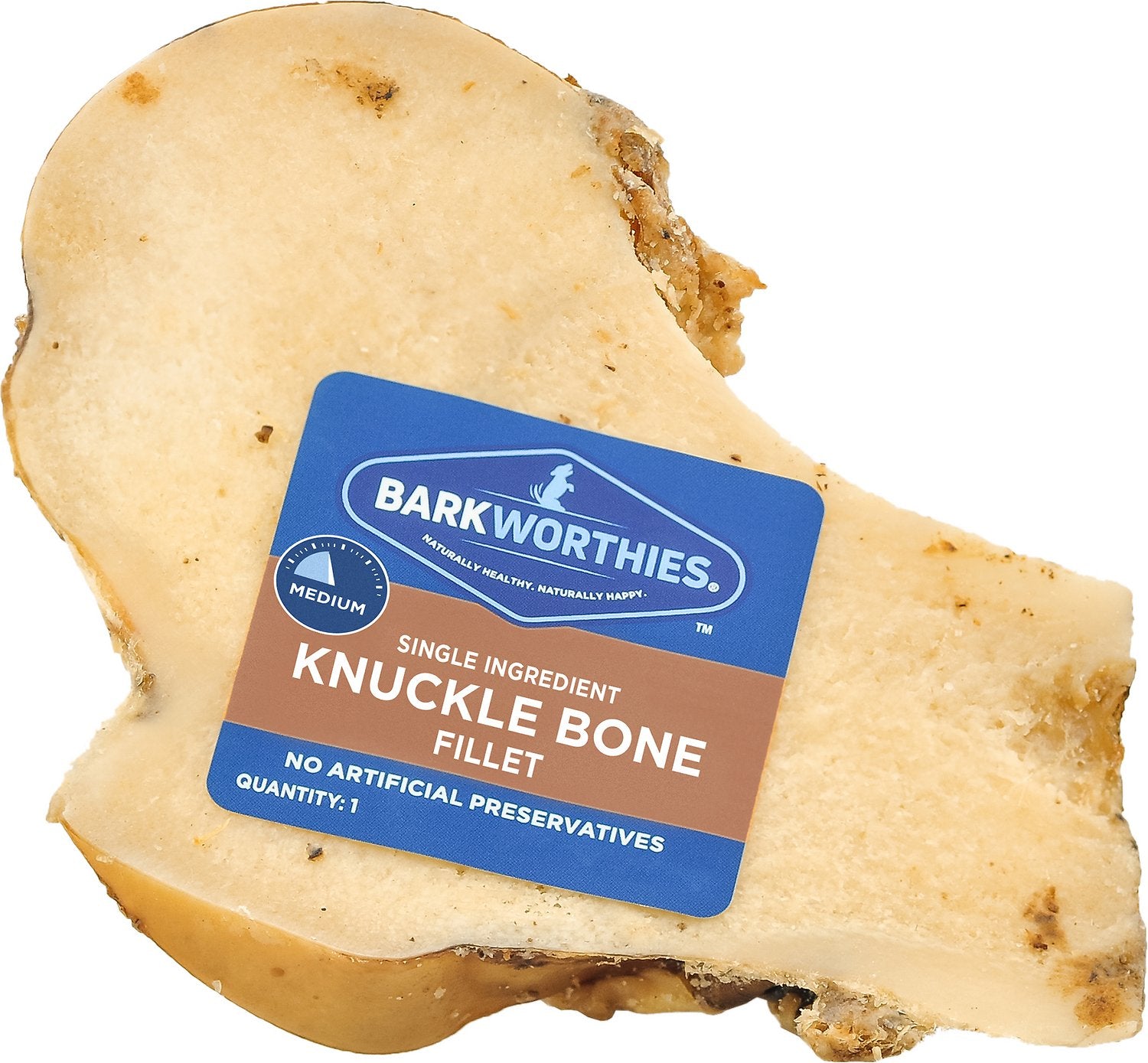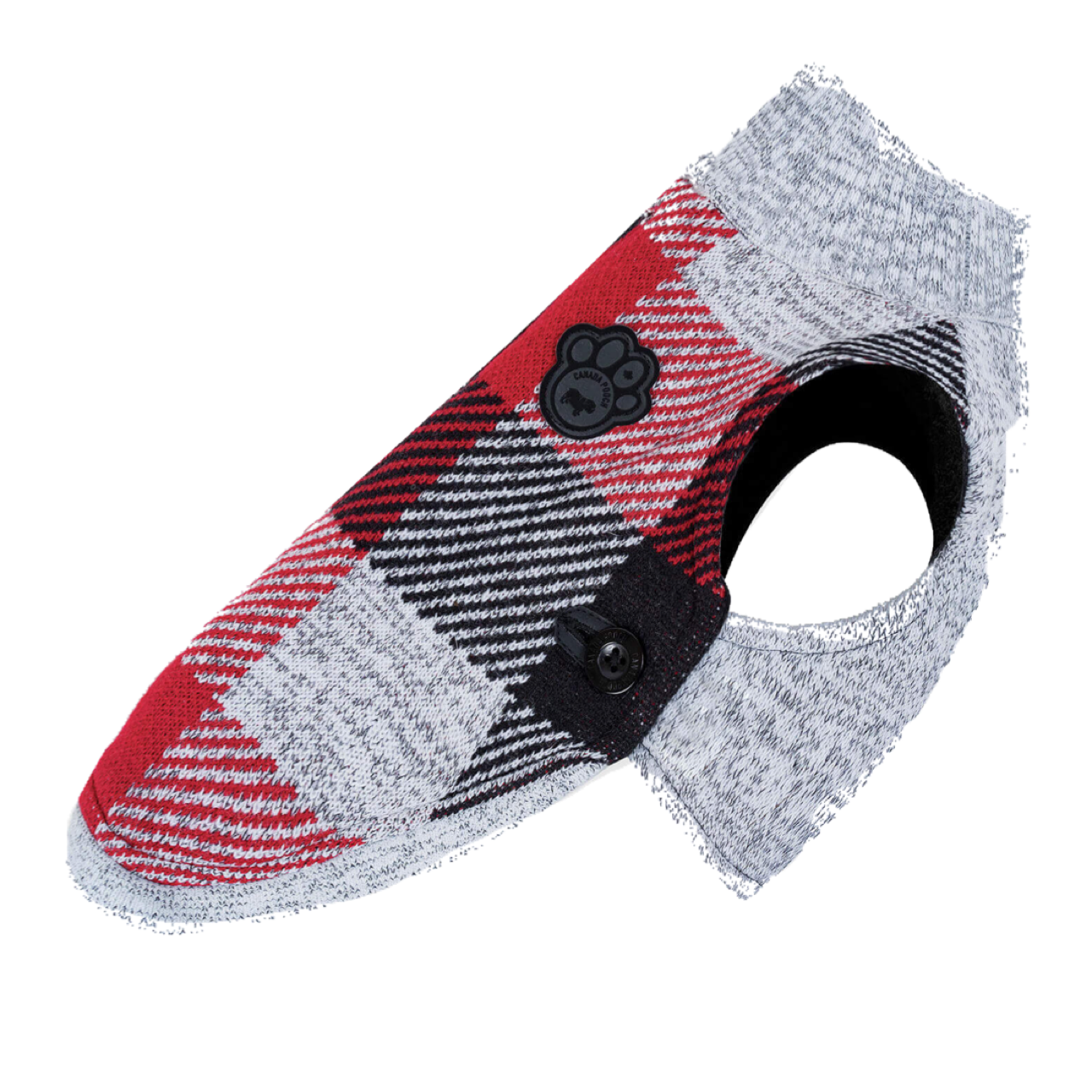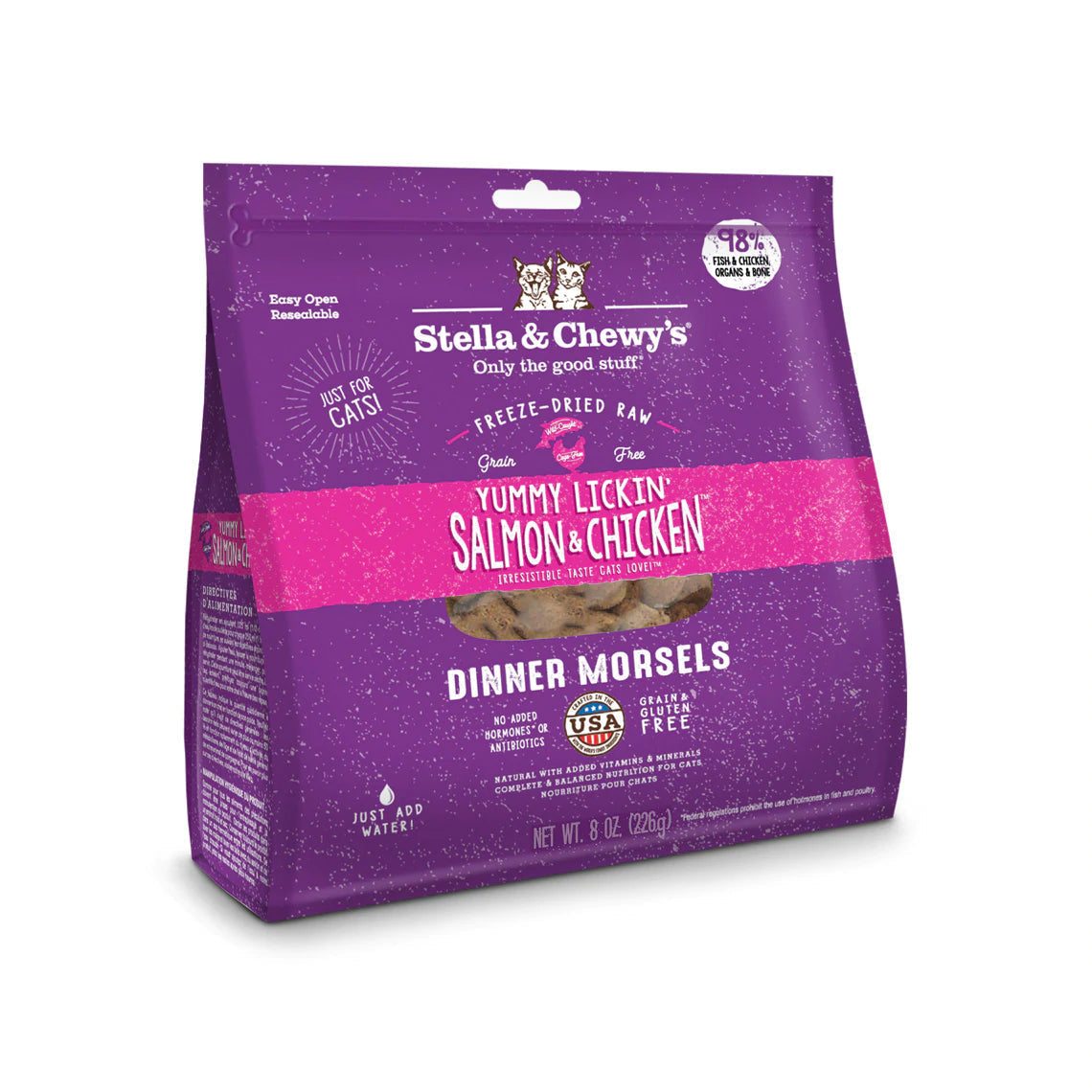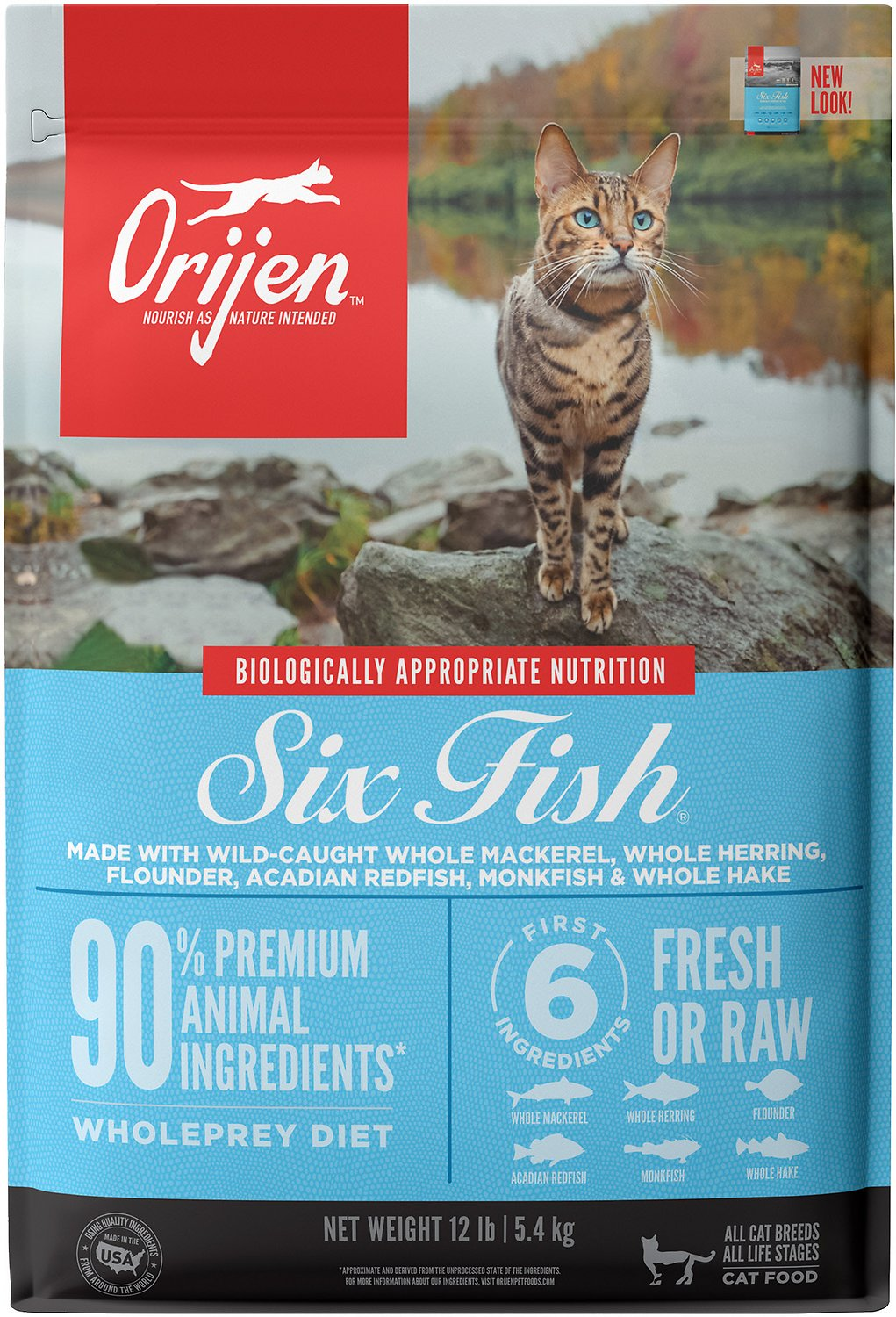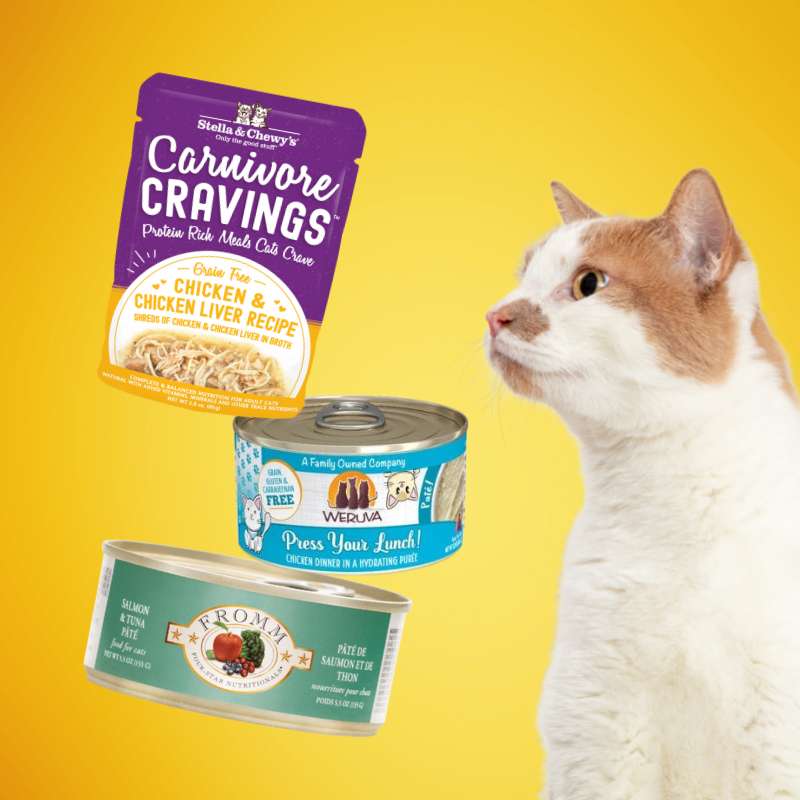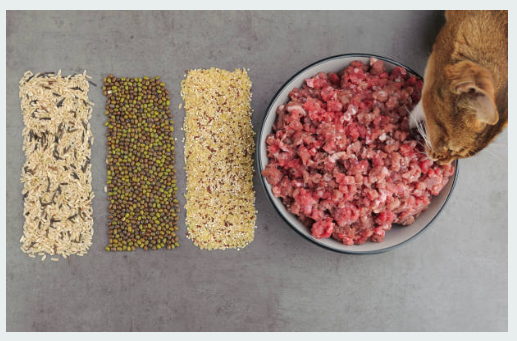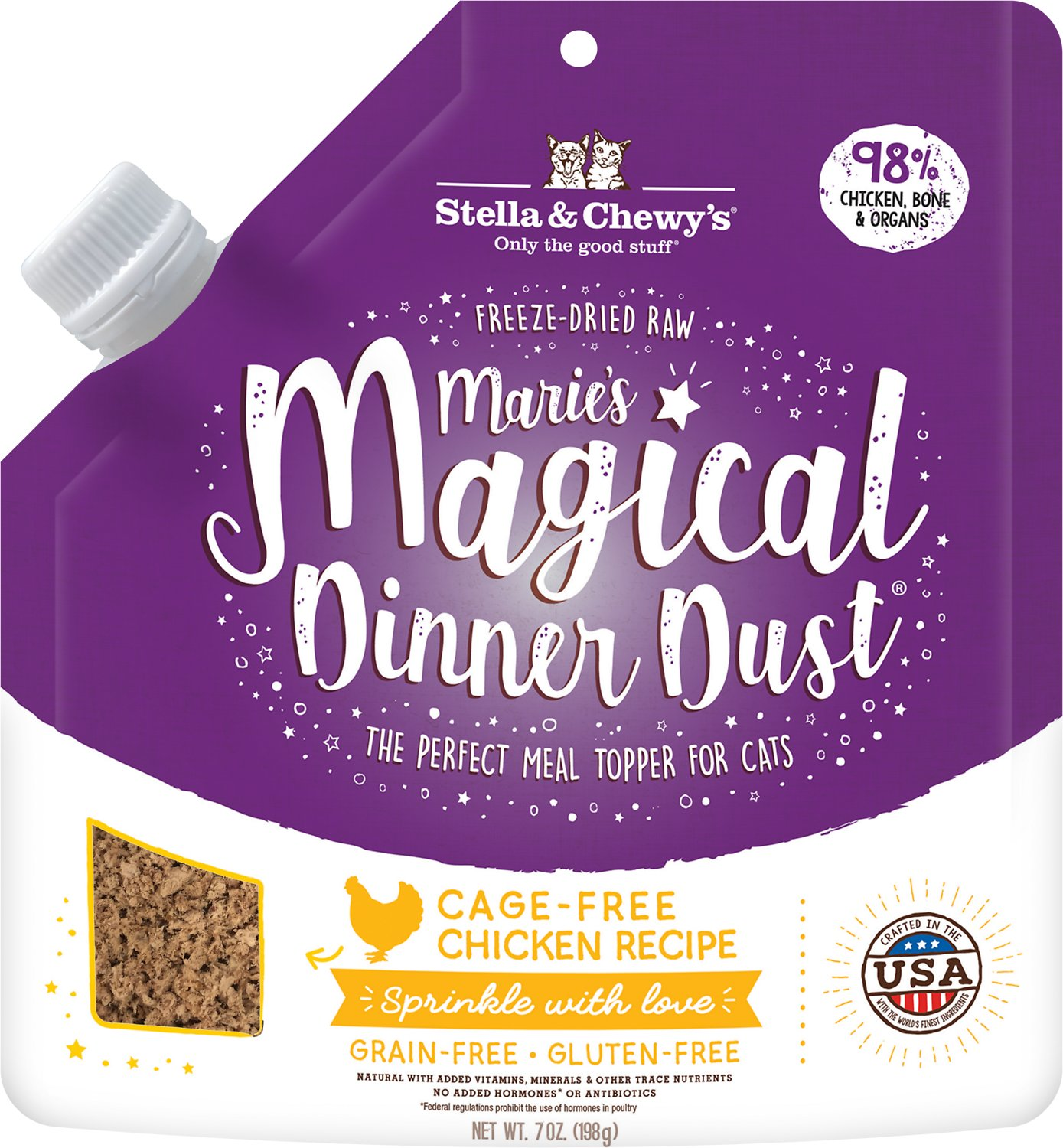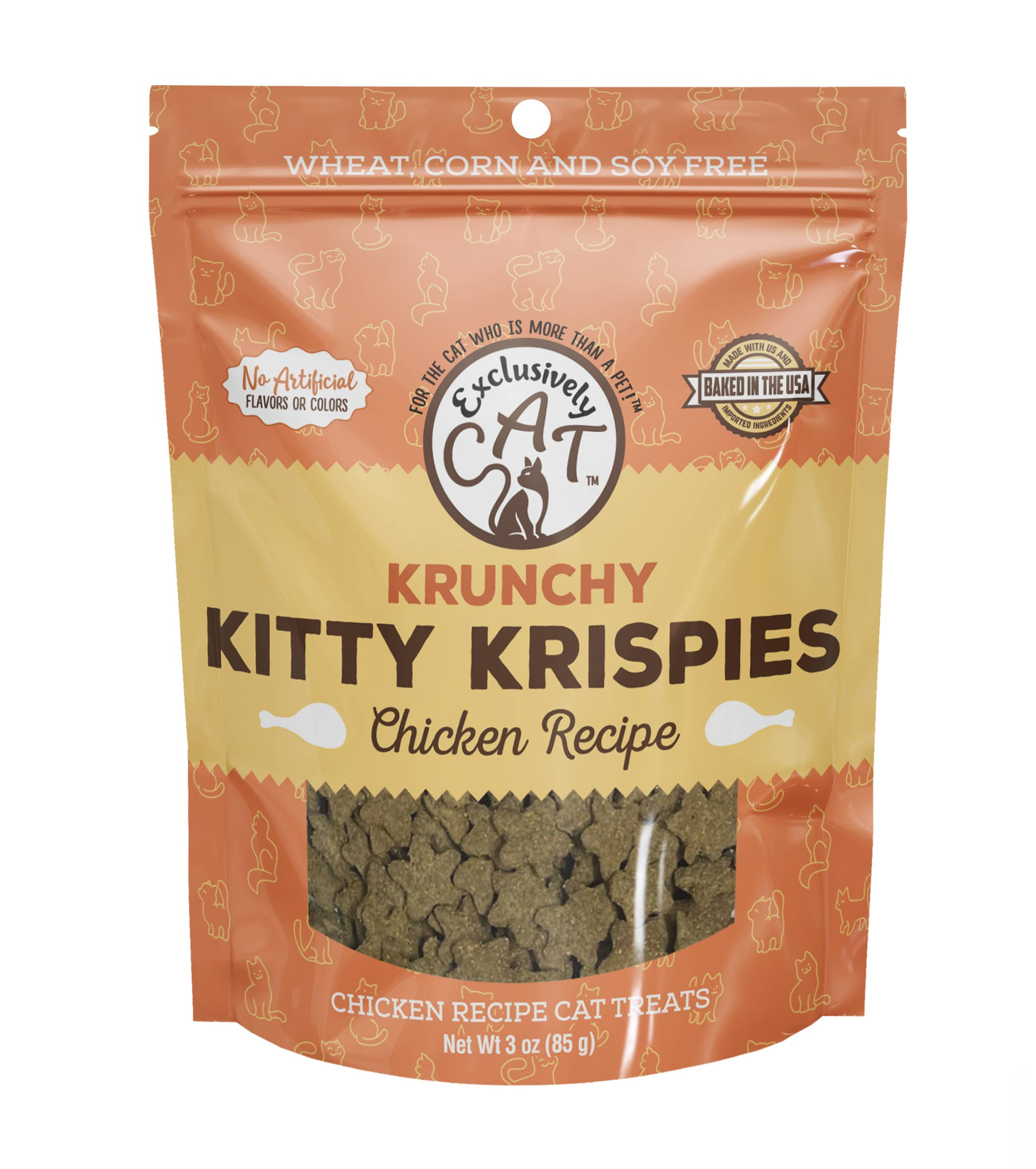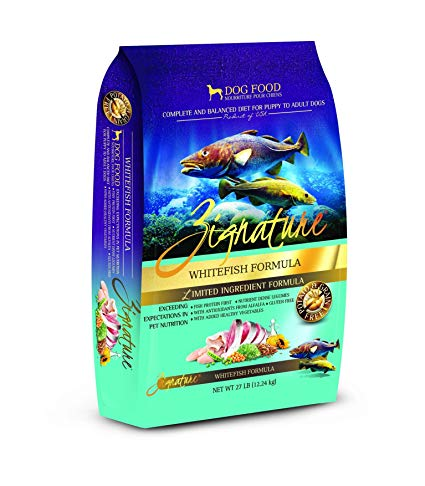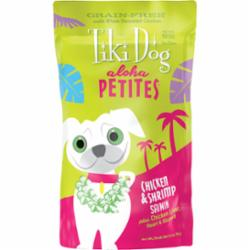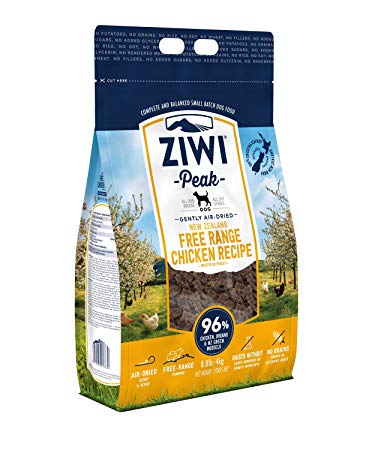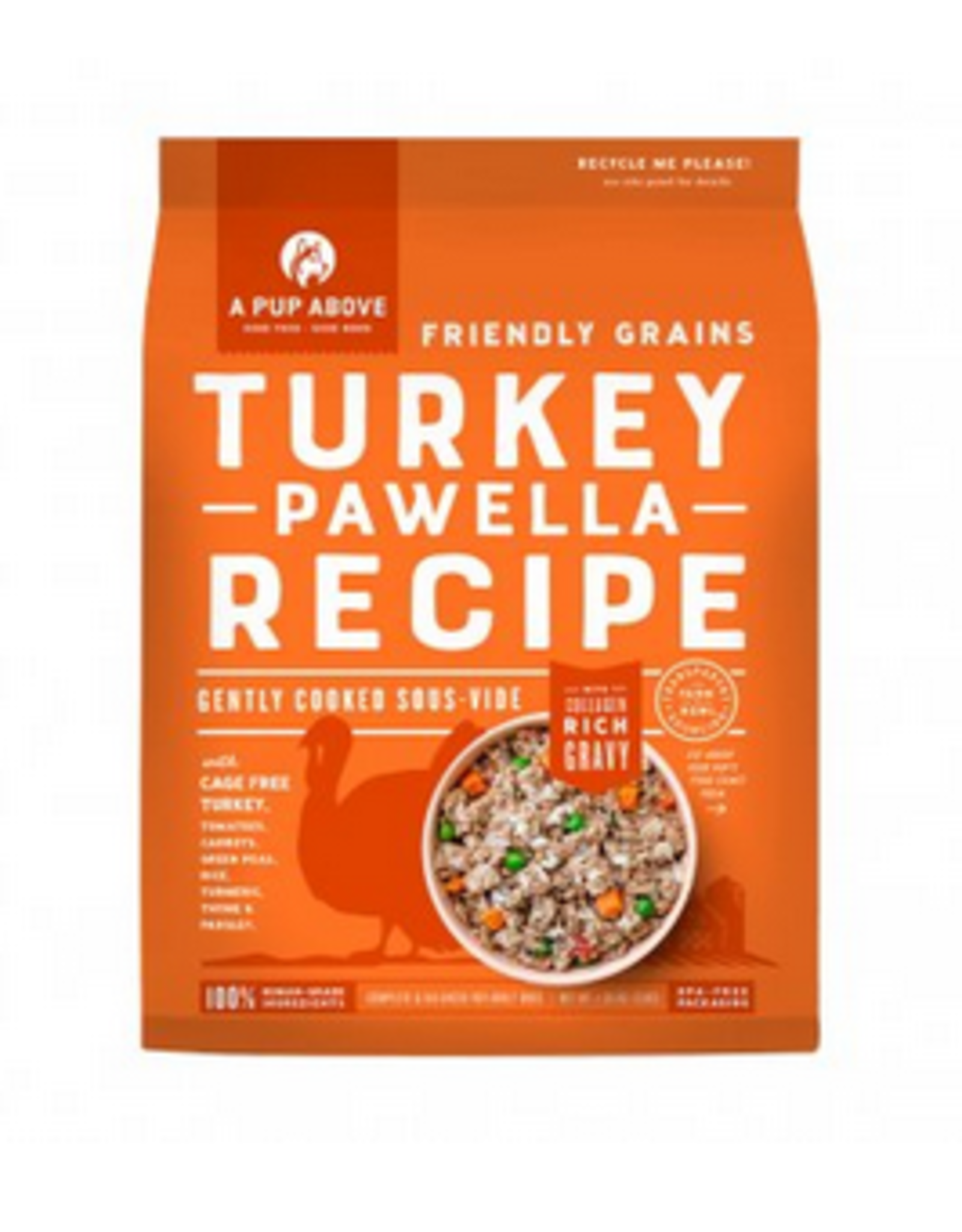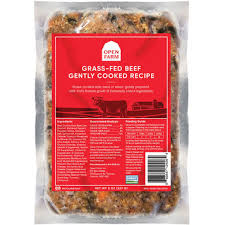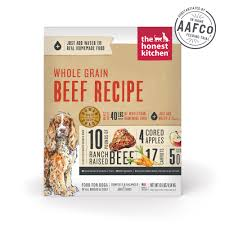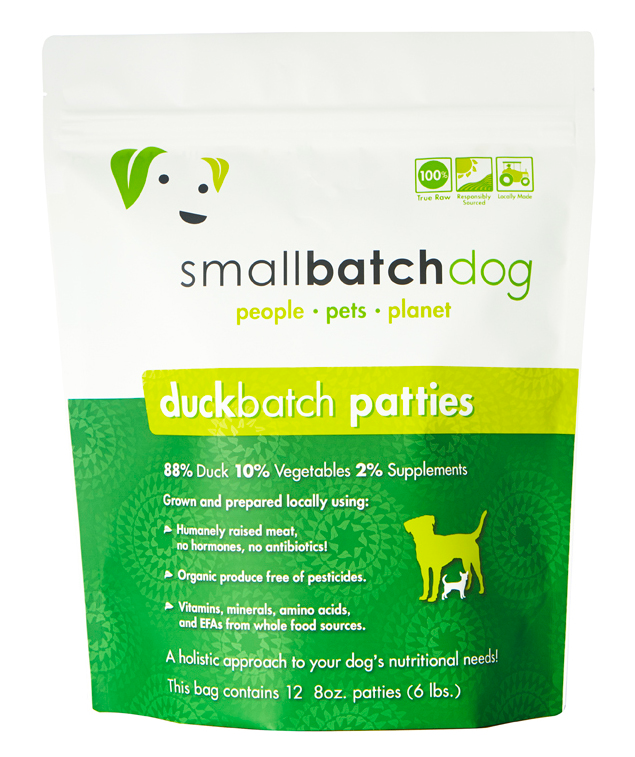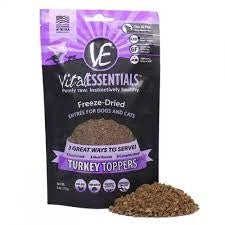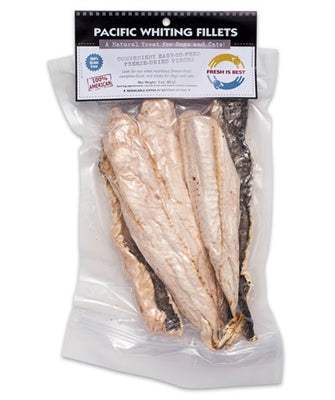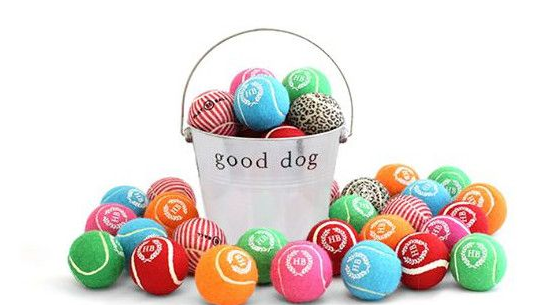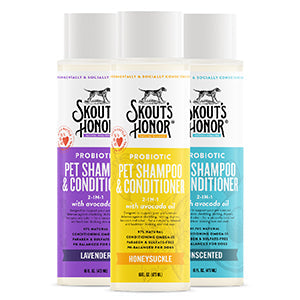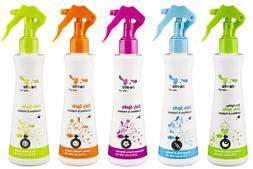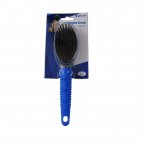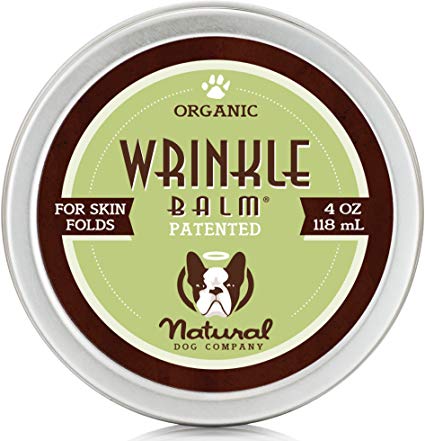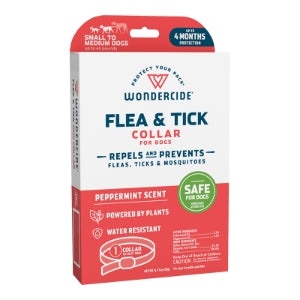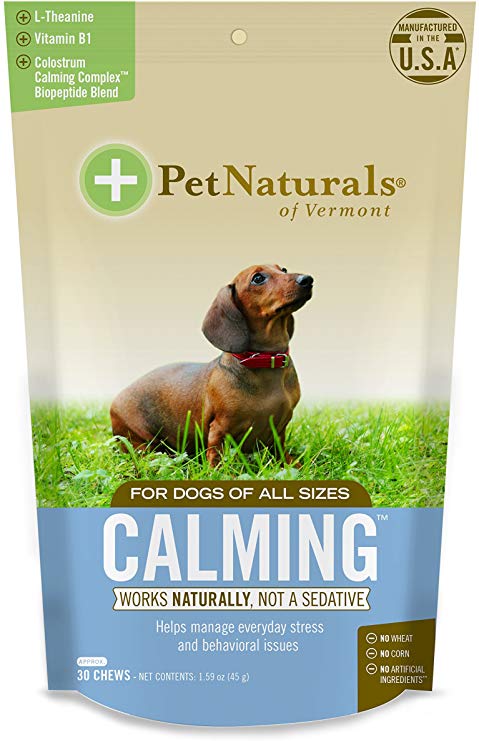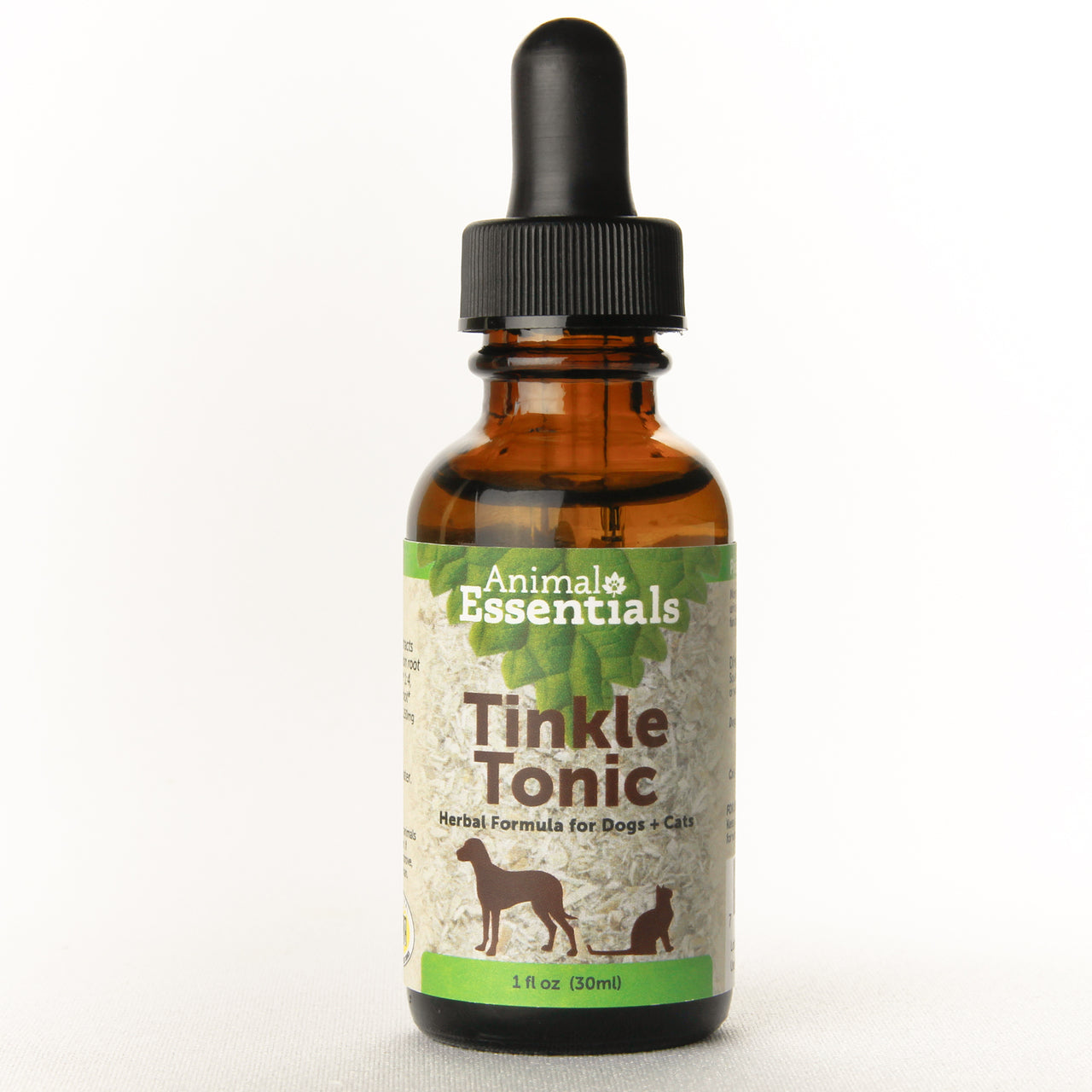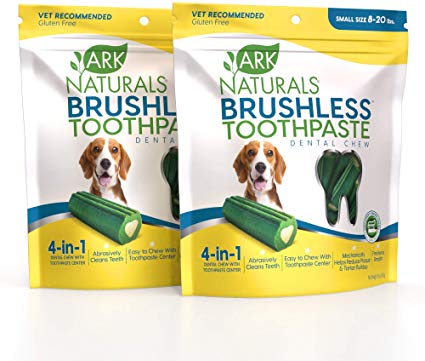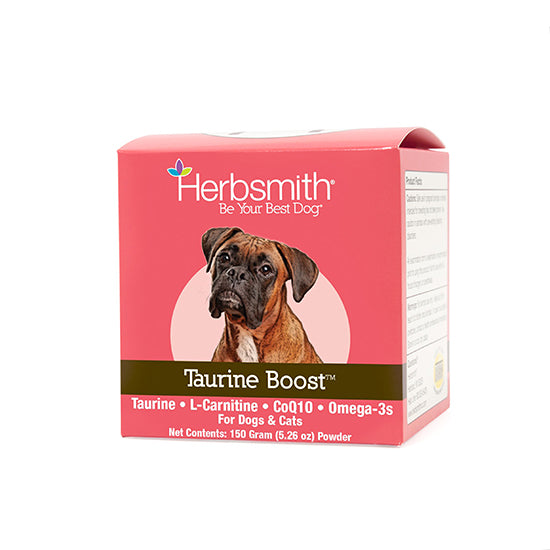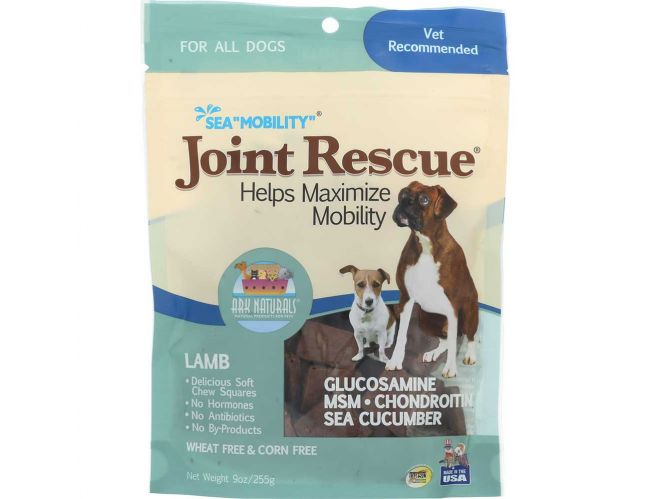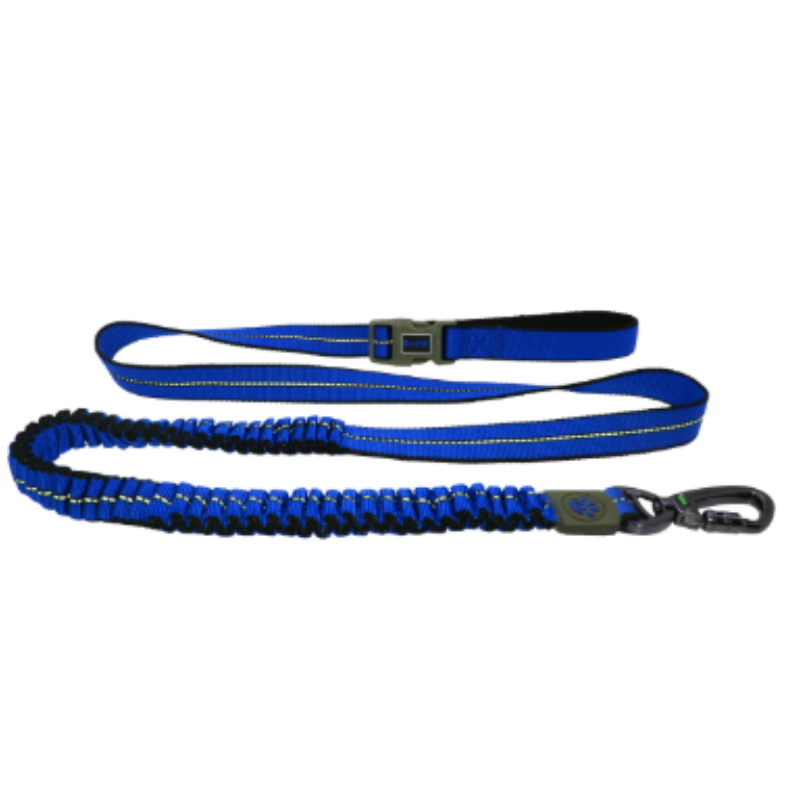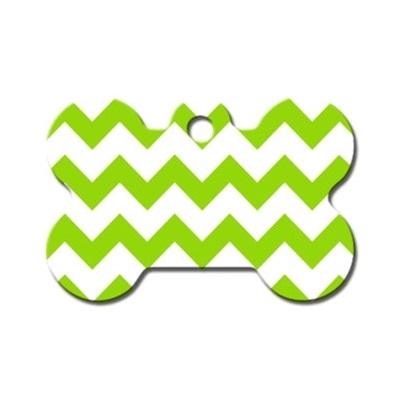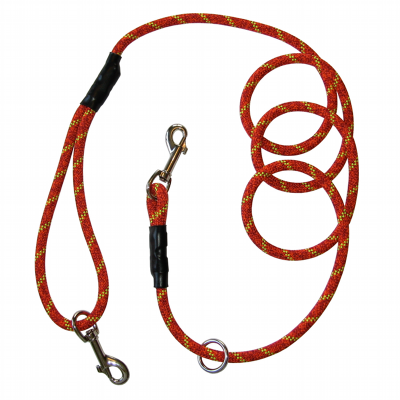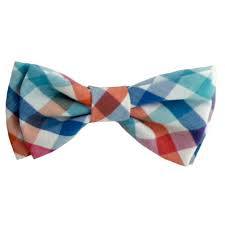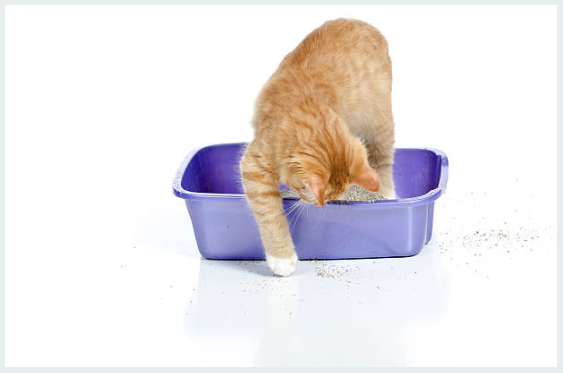As pet parents, ensuring the health and well-being of our furry companions is a top priority. While a balanced diet is fundamental for their overall nutrition, sometimes our pets might need an extra boost to support their health. This is where vitamins and supplements play a crucial role.
Why Consider Vitamins and Supplements?
Just like humans, pets can benefit from additional nutrients that may not be adequately provided through their regular diet. Vitamins and supplements can help address specific health concerns, improve energy levels, support joint health, enhance skin and coat condition, and more.
Understanding Your Pet's Needs
Before incorporating vitamins and supplements into your pet's routine, it's essential to consult with your veterinarian. They can assess your pet's unique requirements based on factors like age, breed, size, and any existing health conditions.
Common Types of Supplements
1. Multivitamins:
Multivitamins are a convenient way to ensure that your pet is receiving a wide range of essential vitamins and minerals to support overall health and vitality.
2. Omega-3 Fatty Acids:
Omega-3 fatty acids are beneficial for promoting healthy skin, a shiny coat, and supporting joint function in pets, especially those with joint issues.
3. Probiotics:
Probiotics play a key role in maintaining a healthy gut flora, aiding in digestion, and supporting the immune system of your pet.
4. Joint Support Supplements:
For older pets or those prone to joint problems, supplements containing glucosamine, chondroitin, and MSM can help maintain joint health and mobility.
Quality Matters
When selecting vitamins and supplements for your pet, opt for high-quality products from reputable brands. Look for supplements that are specifically formulated for your pet's species and age group.
Introducing Supplements Safely
It's important to introduce new supplements gradually into your pet's diet to monitor for any adverse reactions. Follow the recommended dosage instructions provided by the manufacturer or your veterinarian.
Observing the Benefits
After incorporating vitamins and supplements into your pet's routine, keep an eye out for positive changes in their overall health and well-being. Improved energy levels, better coat quality, and increased mobility are all signs that the supplements are having a positive impact.
Customizing Your Approach
Each pet is unique, so what works for one may not work for another. Be observant of your pet's response to the supplements and make adjustments as needed based on their individual requirements.
Consulting the Experts
Your veterinarian is your best resource when it comes to determining the most suitable vitamins and supplements for your pet. They can provide tailored recommendations based on your pet's health status and specific needs.
Embracing a Holistic Approach
By incorporating vitamins and supplements into your pet's diet, you're taking a proactive step towards ensuring their optimal nutrition and well-being. A holistic approach to pet care encompasses nutrition, exercise, mental stimulation, and regular vet check-ups.
Enhancing Your Pet's Health Journey
With the right combination of vitamins, supplements, and a nutritious diet, you can support your pet's health journey and help them thrive for years to come. Stay informed, stay attentive, and give your pet the gift of optimal nutrition!
Step into the world of another store owner by visiting their captivating Shopify store. Click here to begin your journey. Kindly note that this is a promotional link, and we do not take responsibility for the content of the linked store.



